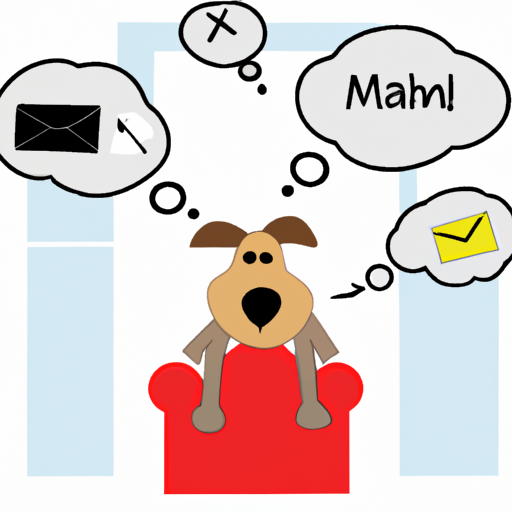Understanding Your Dog’s Behavior
Your canine companion may be a bundle of joy and a source of unconditional love for you, but you might have noticed that they aren’t always as friendly with everyone else. Sometimes, your beloved furry friend might take an instant dislike to certain individuals. This behavior can be confusing and even embarrassing, especially when the person in question is someone you care about.
Understanding why dogs like some people and not others can help you navigate these tricky situations and possibly even help your dog overcome their aversion.
1. Past Experiences and Trauma
Just like us humans, dogs carry their past with them. If your dog has had a bad experience with someone who looks, smells, or sounds like a person they meet, they might associate that person with the negative experience.
- Smell: Dogs have an extraordinary sense of smell. If someone smells like a person who has hurt them in the past, they might react negatively.
- Sound: Dogs can also associate sounds with negative experiences. If someone’s voice or the sound of their movements reminds your dog of a past trauma, they might not like them.
- Appearance: Dogs might associate certain physical characteristics with negative experiences. If someone looks like a person who has scared or hurt your dog in the past, they might react negatively.
2. Body Language
Dogs are extraordinarily perceptive when it comes to body language. They rely on physical cues to understand and respond to the world around them. If a person’s body language is aggressive or threatening, your dog might react negatively.
- Avoid direct eye contact: Staring directly into a dog’s eyes can be seen as a challenge or threat.
- Approach slowly and calmly: Quick or aggressive movements can scare a dog.
- Let the dog sniff you: This helps the dog get to know you and understand that you are not a threat.
3. Intuition and Vibes
Dogs are incredibly intuitive creatures. They can sense our emotions and intentions, often before we are even aware of them ourselves. If a person is anxious, upset, or has negative intentions, your dog might pick up on these vibes and react negatively.
4. Territory and Possessiveness
Dogs are territorial animals. If someone enters your home without your dog’s approval, they might react negatively. This is especially true if the person in question is touching or moving their toys, bed, or food.
5. Lack of Socialization
Socialization is crucial for dogs. If they haven’t been properly socialized, they might be fearful or aggressive towards strangers. It’s important to expose your dog to a variety of people and environments from a young age to help them become comfortable and confident in different situations.
FAQ
Q: Can a dog’s aversion to a person change over time?
A: Yes, with proper socialization, positive reinforcement, and patience, a dog’s negative association with a person can change.
Q: Are certain breeds more likely to dislike people?
A: While some breeds may be more wary or protective, any dog can dislike certain people based on the factors mentioned above.
Q: What should I do if my dog doesn’t like someone in my family?
A: Try to figure out the root cause of the aversion and work with a professional dog trainer or behaviorist to address the issue.
Q: Can dogs sense if a person is bad?
A: Dogs are very intuitive and can pick up on subtle cues about a person’s intentions or emotions. However, their perceptions are not always accurate or based on the person’s moral character.
With a better understanding of your dog’s behavior, you can help them navigate their fears and dislikes, ensuring a happier and more sociable canine companion. As always, consider reaching out to a professional for personalized advice and guidance.



